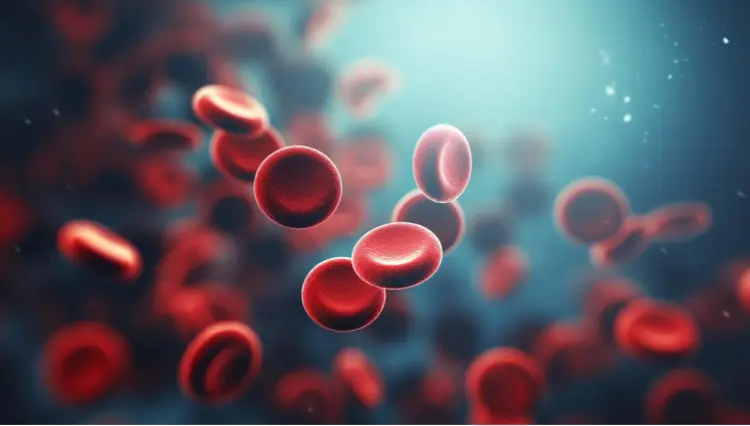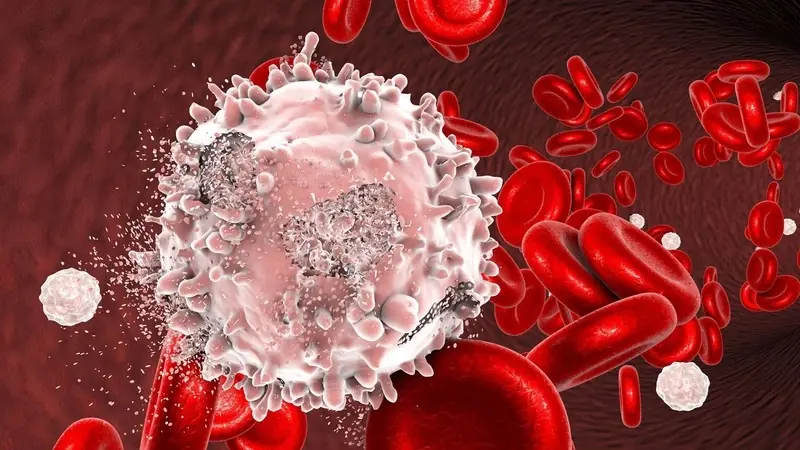
Warning: If You Notice This Sign in Your Body, Go to the Hospital Immediately or It May Be Late-Stage Nasopharyngeal Cancer
Nasopharyngeal cancer, a rare but dangerous type of cancer that occurs in the upper part of the throat behind the nose, often develops silently. It usually doesn't cause any noticeable symptoms in the early stages, which makes it especially dangerous. I am sharing this story not to cause fear, but to raise awareness. A small symptom that many would ignore nearly cost me my life.
It all started with something as simple as a blocked ear. At first, I thought it was due to a cold or maybe allergies. My left ear felt muffled, as if there was water trapped inside. I waited for it to pass, thinking it was nothing serious. After a couple of weeks, I began to feel a strange pressure in my head and noticed that I was having more frequent nosebleeds from one nostril. Sometimes, I also had mild headaches that I chalked up to stress from work.
One morning, while brushing my teeth, I noticed a small lump on the side of my neck. It wasn’t painful, but it hadn’t been there before. That was the moment I decided to see a doctor. At first, the general practitioner suspected an infection and prescribed antibiotics. But the lump didn’t go away. I was then referred to an ENT (ear, nose, and throat) specialist who ordered a nasoendoscopy and imaging tests.
The diagnosis was shocking: nasopharyngeal carcinoma, already in stage III. I had never even heard of it before. The tumor was growing behind my nasal cavity and had already begun to affect my ear and lymph nodes. If I had waited any longer, it might have reached stage IV, when treatment becomes much more complicated and the chances of survival significantly decrease.
I underwent a combination of radiotherapy and chemotherapy for several months. The treatment was intense—there were days when I couldn’t eat, and I lost a lot of weight. But I was lucky. Because I sought medical help when I did, the cancer hadn’t spread beyond the nearby lymph nodes. Today, after regular follow-ups and ongoing monitoring, I am in remission.
Looking back, I realize how easy it would have been to ignore the signs. A blocked ear, a lump in the neck, minor nosebleeds—none of these seem serious on their own. That’s what makes nasopharyngeal cancer so dangerous. It often presents as normal, everyday symptoms that people dismiss.
I’m sharing my experience because I want others to learn from it. If you notice persistent ear fullness or hearing loss in one ear, frequent nosebleeds, a lump in your neck, or nasal congestion that doesn’t go away—especially if these symptoms only affect one side—don’t wait. Get checked. It may be nothing, but it could also be something serious.
Early detection is the most powerful weapon we have against cancer. Nasopharyngeal cancer, in particular, responds well to treatment in its early stages. But once it progresses, it becomes far more difficult to manage.
In conclusion, never underestimate what your body is trying to tell you. No symptom is too small to investigate, especially if it persists for more than a couple of weeks. I am alive today because I finally decided to act. Don’t wait until it’s too late. Your life may depend on how quickly you respond to that first unusual sign.
News in the same category

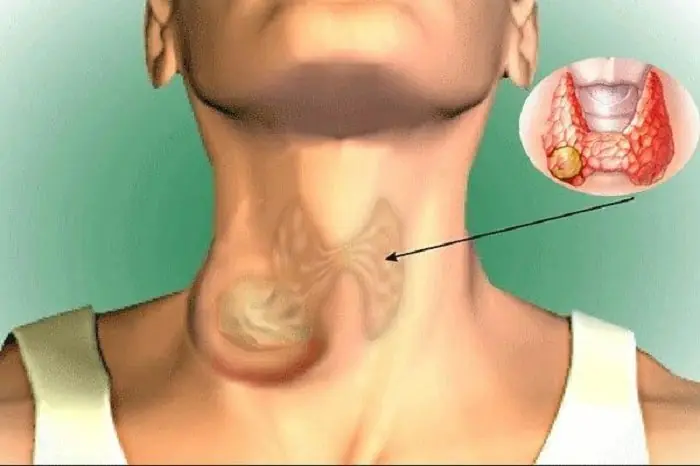
Self-Checking for Thyroid Cancer at Home with a Glass of Water: Thanks to That, I Discovered the Disease Early and It Was Easier to Treat

She Couldn’t Walk and Now Runs Like a Teenager!

🧄🌿 Kills Sore Throat and Inflammation – Cloves: Nature’s Antibiotic!

Crockpot Chicken and Noodles

🌟 Homemade Caramel Frappuccino 🥤: A Sweet, Creamy Coffee Treat You Can Make at Home!

The Best Pound Cake Ever: A Symphony of Flavors 🎂

Crispy Breaded Mushrooms: A Golden, Crunchy Delight

Low Vitamin D and Colorectal Cancer: What You Need to Know to Stay Protected
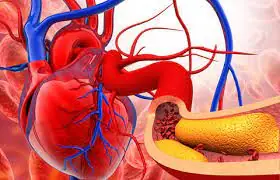
Understanding Cholesterol: The Good, the Bad, and How It Affects Your Heart

The Surprising Link Between Vitamin K and Brain Health: What New Research Reveals

Oatmeal and Guava: A Natural Remedy for Leg Cramps, Diabetes, and High Blood Pressure

AVOID Bananas If You Suffer From These 5 Health Problems!

Doctors reveal how many times you should be able to swallow in 30 seconds to be 'healthy' and the results are shocking

Crockpot Sausage and Potatoes

A New Type of Drink Found to Help 'Push Back' Cancer: It’s Not Tea or Coffee

Not So Impossible Cheeseburger Pie

35-Year-Old Man’s Sore Throat Turned into Cancer After 5 Chemotherapy Sessions—Doctor Urges: Throw These 2 Things Out of Your Fridge

Eight Early Symptoms Found in 23% of Cancer Patients: Warning Signs That Should Not Be Ignored
News Post
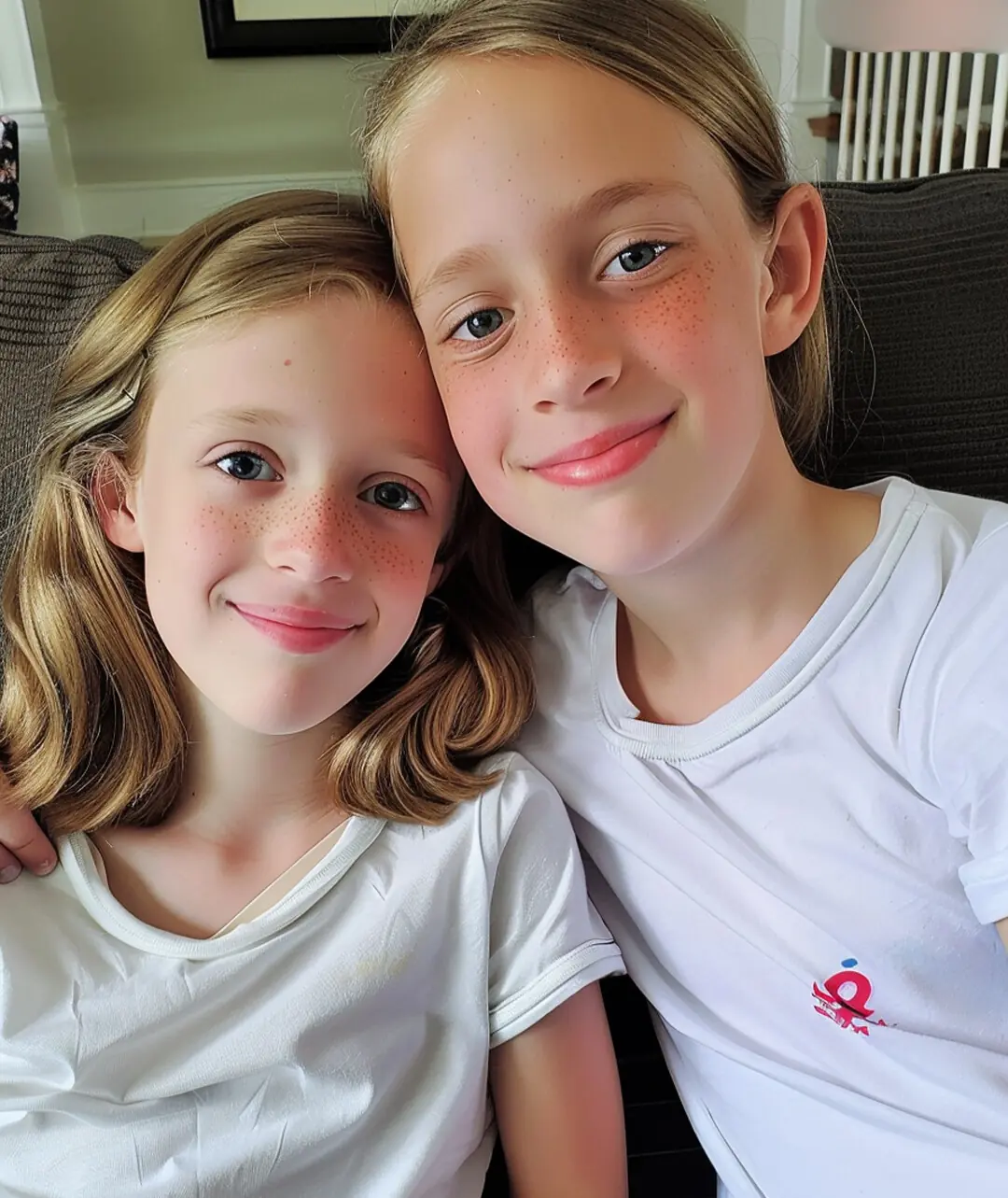
I Married a Single Mom with Two Daughters – A Week Later, the Girls Invited Me to Visit Their Dad in the Basement

At Age 5, My Two Older Siblings and I Became Orphans but Promised Each Other to Fulfill Our Parents' Dream

My Little Son Accidentally Uncovered My Husband's Double Life—If Only I Had Known Who He Really Was
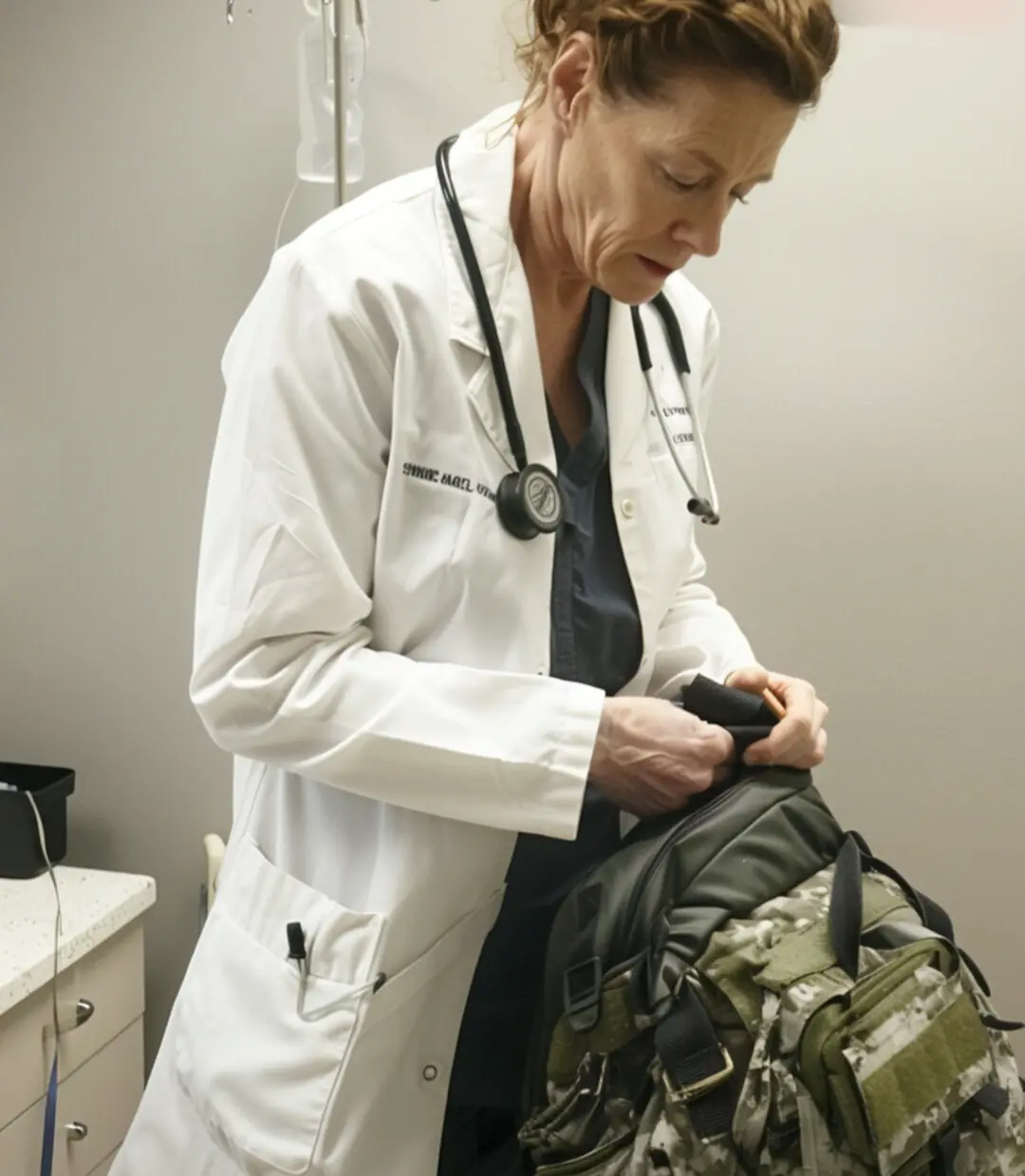
A Military Man with Burns and Amnesia Arrived at Our Hospital—When We Called His Wife, Everything Changed

My Sister Abandoned Her Son and Vanished — Her Unexpected Return 12 Years Later Shook Our World
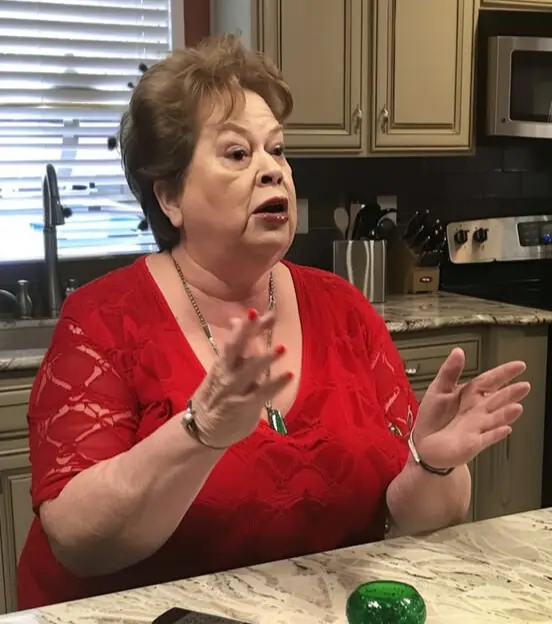
My MIL Gave Away My Late Mom's Heirloom to Her Friends — I Immediately Made Sure She'd Regret It
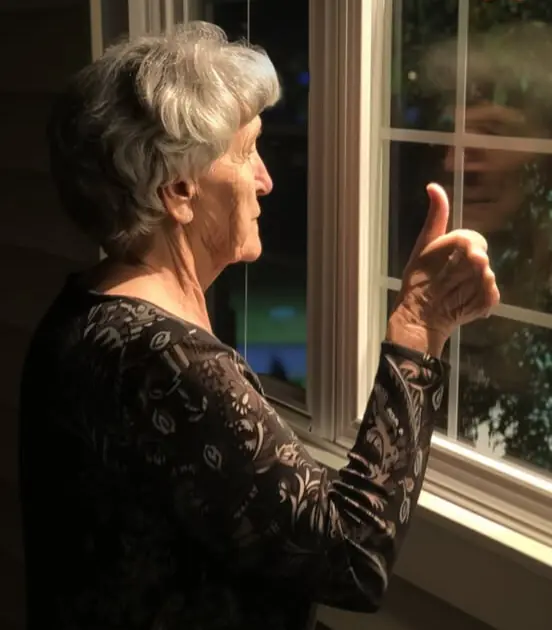
My MIL Moved in with Us — I Found Her Showing a Strange Sign In the Window Every Night

Rich Landlord Evicts Poor Old Lady from Rental Home, Goes to Family Dinner and Sees Her There

My 51-Year-Old Mother-In-Law Begged Me to Adopt Her Newborn Twins after Her Death

My Husband Left for the Maldives Three Days After I Had a Stroke—A Big Surprise Was Waiting for Him When He Returned

A 36-Year-Old Man's Blood Turned Milky Like Pork Fat Due to a Habit Many People Do at Least Three Times a Day

Chipotle Ranch Grilled Chicken Burrito

Self-Checking for Thyroid Cancer at Home with a Glass of Water: Thanks to That, I Discovered the Disease Early and It Was Easier to Treat

She Couldn’t Walk and Now Runs Like a Teenager!

🧄🌿 Kills Sore Throat and Inflammation – Cloves: Nature’s Antibiotic!

Crockpot Chicken and Noodles

🌟 Homemade Caramel Frappuccino 🥤: A Sweet, Creamy Coffee Treat You Can Make at Home!

Don’t Eat Avocado Until You Know These 9 Things
